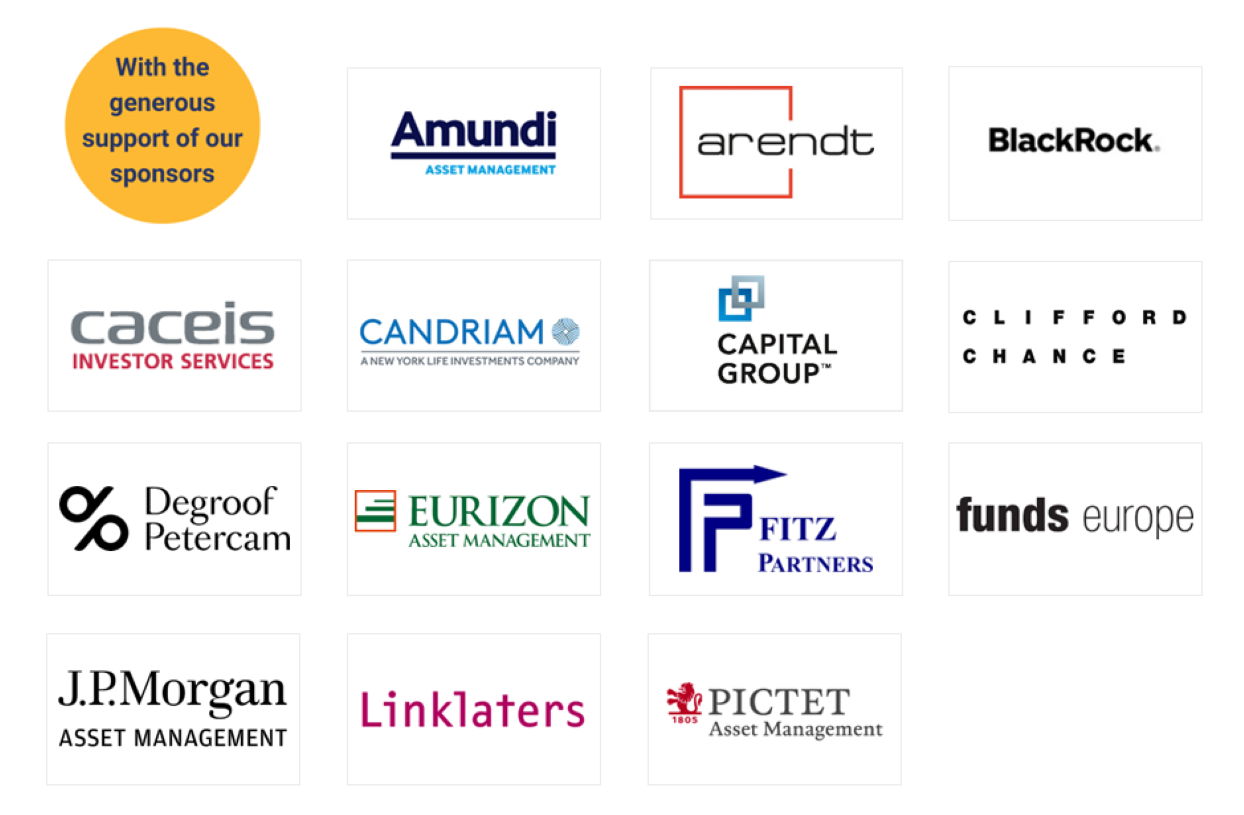EFAMA has today published its latest monthly Investment Fund Industry Fact Sheet, which provides net sales data on UCITS and AIFs for August 2023, at European level and by country of fund domiciliation.
EFAMA has today published its latest monthly Investment Fund Industry Fact Sheet, which provides net sales data on UCITS and AIFs for August 2023, at European level and by country of fund domiciliation.
The EU’s Listing Act is a key legislative initiative aimed at enhancing the appeal of EU public markets and facilitating capital access for small-medium enterprises (SMEs). That includes a new proposal by the European Commission for a Multiple Voting Shares Directive (MVSD). EFAMA believes it is of key importance to the European economy to ensure that EU capital markets remain attractive and competitive globally, therefore getting these types of initiatives right is crucial.
EFAMA appreciates the European Commission's efforts to bolster the Capital Markets Union and increase the appeal and competitiveness of public capital markets. However, the investment industry wishes to highlight some concerns concerning this Directive. Against this backdrop, it is important to note that the European Union has recently enhanced its corporate governance and shareholders’ engagement practices to fortify financial market stability, uphold capital market integrity and safeguard investors’ interests.
The European Parliament and Council are currently finalising their views on the European Commission’s anti-money laundering (AML) package proposal. In addition to the much publicized debate around the location of the new AML Authority, there are even more important elements being discussed which aim to curb money laundering and counter the financing of terrorism (CFT).
EFAMA has published its latest monthly Investment Fund Industry Fact Sheet, which provides net sales data on UCITS and AIFs for July 2023, at European level and by country of fund domiciliation.
EFAMA has today published its International Quarterly Statistical Release regarding the developments in the worldwide investment fund industry during the second quarter of 2023.
EFAMA has responded to the public consultations launched by the European Supervisory Authorities’ (ESAs) on draft regulatory technical standards (RTS) and implementing technical standards (ITS) supplementing the Digital Operational Resilience Act (DORA). Their purpose is to establish further details on the core elements of this regulation harmonising how information and communication technology (ICT) risks are to be addressed in the financial sector.
EFAMA welcomes the European Commission’s Call for Evidence on Supplementary Pensions and supports the Savings and Investments Union’s goals to develop supplementary pensions and to provide savers with adequate retirement investment opportunities.

Discover the 6 reasons why your organisation should become a member of EFAMA.
Our members enjoy significant benefits including the opportunity to shape the industry positions, get first-hand access to regulatory and political intelligence, engage with industry peers and policymakers, and take part in EFAMA events.
Our three membership categories cater to the wide range of organisations that make up and support the investment management industry in Europe.
